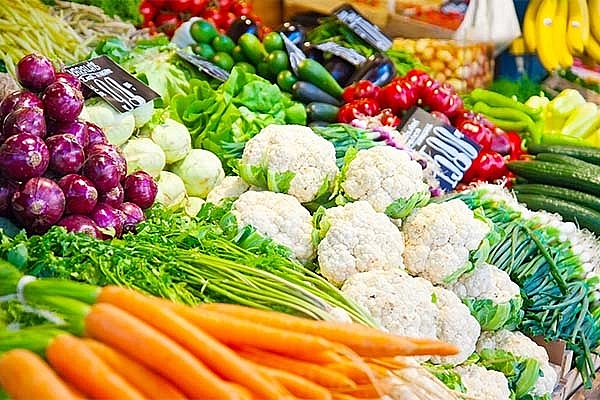Over 150 dairy farmers in Matasia town, Kajiado County in Kenya have received training on value addition agriculture.
The training through the national government Agricultural Sector Development Support programme (ASDSP) involved farmers learning commercialization of agriculture through value addition agricultural practices and uniting to form cooperatives to enable them to access loans in addition to increasing their bargaining power when selling their produce.
Farmers were also being equipped with skills in technological innovation and climate smart practices through value addition dairy farming to increase production and boost their income. The Swedish funded ASDSP programme is being carried out in 27 pre-selected counties within the country and is expected to run until December 2022.
“This programme is beneficial to dairy farmers because it trains them on how to reduce costs by using cheap readily available material to make quality feed for their cows to increase milk production instead of relying on commercially produced animal feed,” said livestock production officer in Kajiado Stephen Parmuyianka.
Embracing agriculture
Stephen Kamau owner of one of the three demonstration farms in Kajiado North sub-county Mountain Valley Dairy Farm lauded the national government for the programme’s benefit in equipping farmers with value-addition agricultural skills.
“I will engage in value added yoghurt production to increase income from milk production. I am grateful to the government because farmers in this area are able to gain knowledge on how to utilize materials like maize stovers to make silage,” said Kamau.
According to Mercy Nasike, a student from Lukenya University, agriculture has not been embraced by many young people because it was highly labour intensive citing their preference for business courses.
“I am studying general agriculture because I would like to make an impact and help farmers in my community with the skills I acquire so that they are able to maximize their returns. Many young people avoid agricultural courses because they are afraid of getting dirty,” said Nasike.








